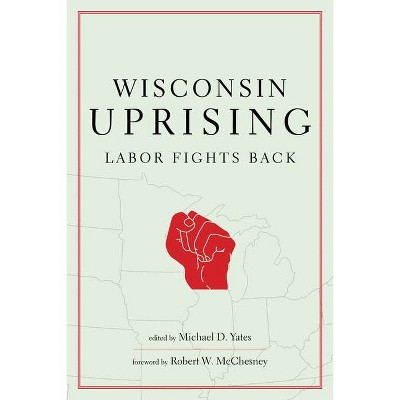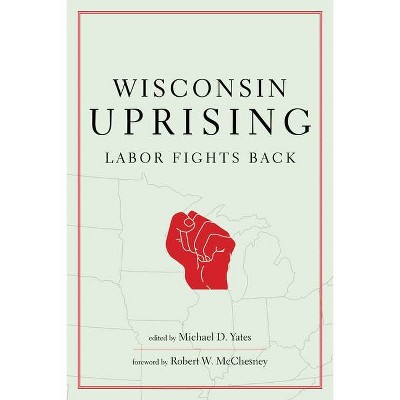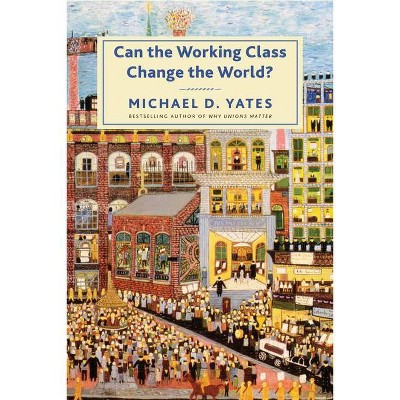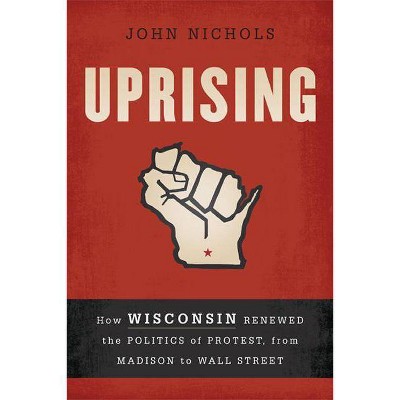Wisconsin Uprising - by Michael D Yates (Paperback)

Similar Products
Products of same category from the store
AllProduct info
<p/><br></br><p><b> Book Synopsis </b></p></br></br><p>In early 2011, the nation was stunned to watch Wisconsin's<br> state capitol in Madison come under sudden and unexpected<br> occupation by union members and their allies. The protests<br> to defend collective bargaining rights were militant and practically<br> unheard of in this era of declining union power. Nearly<br> forty years of neoliberalism and the most severe economic<br> crisis since the Great Depression have battered the labor<br> movement, and workers have been largely complacent in the<br> face of stagnant wages, slashed benefits and services, widening<br> unemployment, and growing inequality. <p/> That is, until now. Under pressure from a union-busting governor<br> and his supporters in the legislature, and inspired by the<br> massive uprisings in Tunisia and Egypt, workers in Wisconsin<br> shook the nation with their colossal display of solidarity and<br> outrage. Their struggle is still ongoing, but there are lessons<br> to be learned from the Wisconsin revolt. This timely book<br> brings together some of the best labor journalists and scholars<br> in the United States, many of whom were on the ground<br> at the time, to examine the causes and impact of events, and<br> suggest how the labor movement might proceed in this new<br> era of union militancy.</p>
Price History
Price Archive shows prices from various stores, lets you see history and find the cheapest. There is no actual sale on the website. For all support, inquiry and suggestion messagescommunication@pricearchive.us




















